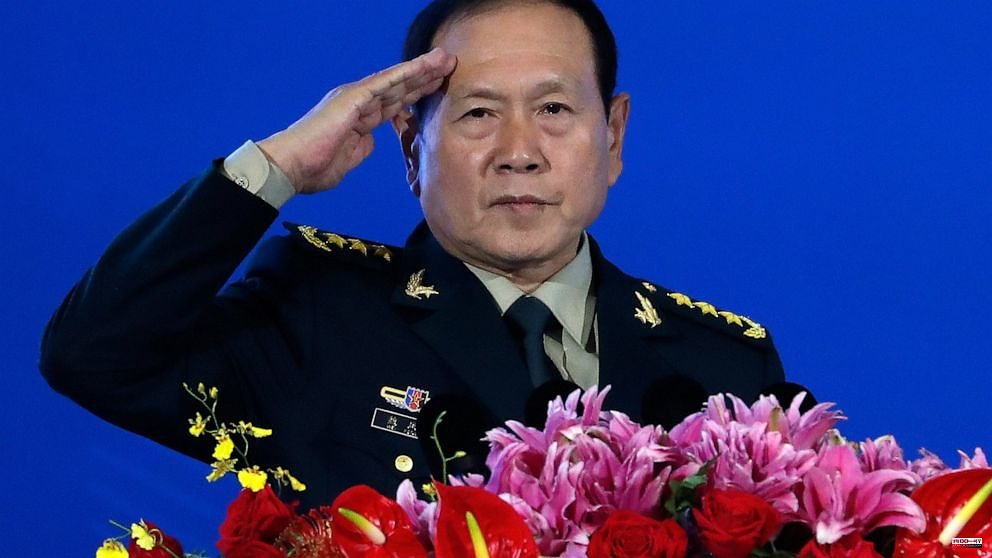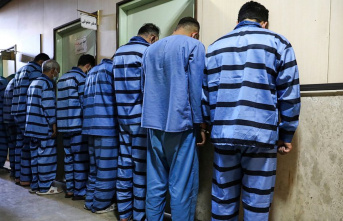SINGAPORE -- China's defense ministry complained to his American counterpart Friday about the U.S. latest arms package for Taiwan. He also warned of a potential conflict over Taiwan's self-governing island, which China claims it owns.
According to the military channel of state broadcaster CCTV, Gen. Wei Fenghe, China's Defense Minister, said that the sale had "seriously undermined China’s sovereignty and security interests".
China "firmly opposes" and strongly condemns Taiwan independence, and the Chinese government will "resolutely crush any Taiwan independence plots and resolutely protect the reunification motherland," Wei stated.
China threatens forceful annexation of Taiwan after Taiwan and China split in civil war in 1949.
Washington, despite their lack of diplomatic ties with Taiwan, is Taiwan's largest backer and source for arms. The U.S. law also requires that it treat threats to Taiwan as matters of "grave concern".
The U.S. announced Wednesday that it would sell parts for Taiwanese ships to reduce the cost of its latest arms package.
The State Department announced that the proposed sale would help to sustain the vessel fleet of the recipient, increasing its ability to respond to current and future threats.
Some Taiwanese have been pushing for higher-priced items while the U.S. is focusing on smaller systems that it believes would better repel an attack by China. This has led to rare disagreement between the two countries.
Wei also warned against using Taiwan to control China. He also outlined a list conditions that the U.S. must fulfill for improved relations, which includes "not interfering with China's internal affairs" and "not harming China’s interests."
Wei was quoted by Col. Wu Qian, Defense Ministry spokesperson, as saying that China would respond to any attempt at Taiwan formal independence by "smashing" it, even if it meant war.
Wu also accused "outside power" of causing trouble in the South China Sea. China claims almost all of it. Wu said that Beijing would "resolutely combat" any attempts to harm China's interests regarding the Ukraine issue. China refused to condemn the Russian invasion, and accused NATO and the West of inciting Moscow.
When Chinese officials meet with their American counterparts, they tend to use a combative tone over Taiwan. This is indicative of the general decline in bilateral ties. They met at the Shangri-La Dialogue in Southeast Asia, which is a regional security conference that takes place each year in a Southeast Asian city state.
Austin, however, stressed the need to "responsibly manage competition and maintain open lines of communications," according to the Department of Defense.
The U.S. is committed to Taiwan's long-standing policy and he "reaffirmed the important of peace and stability across (Taiwan Strait), opposition to unilateral changes in the status quo and called on (China), to refrain from further destabilizing activities toward Taiwan."
The main issues between the sides have been Taiwan and South China Sea. However, they also have tangled over China’s push to expand military influence in the Indian Ocean.
The U.S. and its allies complained about the reckless actions of Chinese pilots in international aviation space toward surveillance aircraft. They also claimed they put their flight crews at danger. China has also challenged foreign naval vessels at sea, in violation of bilateral agreements.












